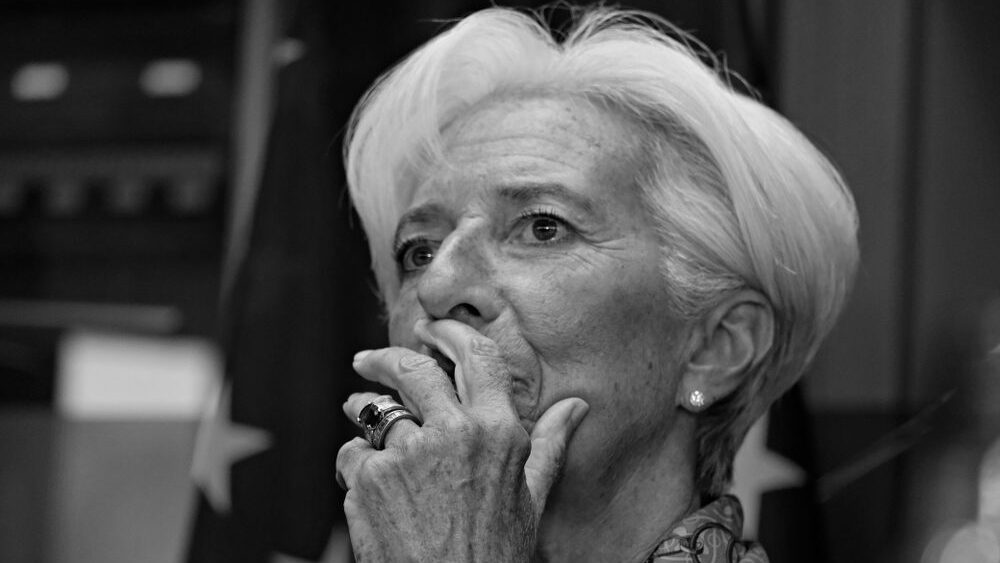
Woke Policies Create Tension at EU Central Bank
ECB staff are revolting against attempts to “reprogramme” employees critical of green policies, with one bank executive under fire for his hardline approach.

ECB staff are revolting against attempts to “reprogramme” employees critical of green policies, with one bank executive under fire for his hardline approach.

Low inflation and rising unemployment suggest that the ECB will soon abandon its tight monetary policy.

The ECB chief just ruled out raising interest rates. This is a big mistake that can cost the euro zone dearly in the coming recession.

European interest rates rise and fall closely with American rates. This can be good for Europe, but it can also be bad, especially if America is hit by a fiscal crisis.

Next year is shaping up to be tough, both for the euro zone and European countries outside of it. How bad will the recession be? Our forecast goes beyond conventional economic wisdom to find out.

What can the past 20 years tell us about Europe’s economic future?

European central banks agree that inflation may bump up again in 2024. But their explanations for this are oddly incongruent. What is really going on here?

With two months left in 2023, the Federal Reserve and the ECB have struck a note of confidence with debt-market investors. This gives Europe hope as they slide into a recession, but will it help America avoid a fiscal crisis?

Europe’s banks are in credit-crunch mode. The ECB’s decision to keep interest rates unchanged is meant to help, but it also raises the white flag on inflation.

The Bank of England anticipates that economic policy will successfully reduce inflation by half in the British economy before the end of this year.